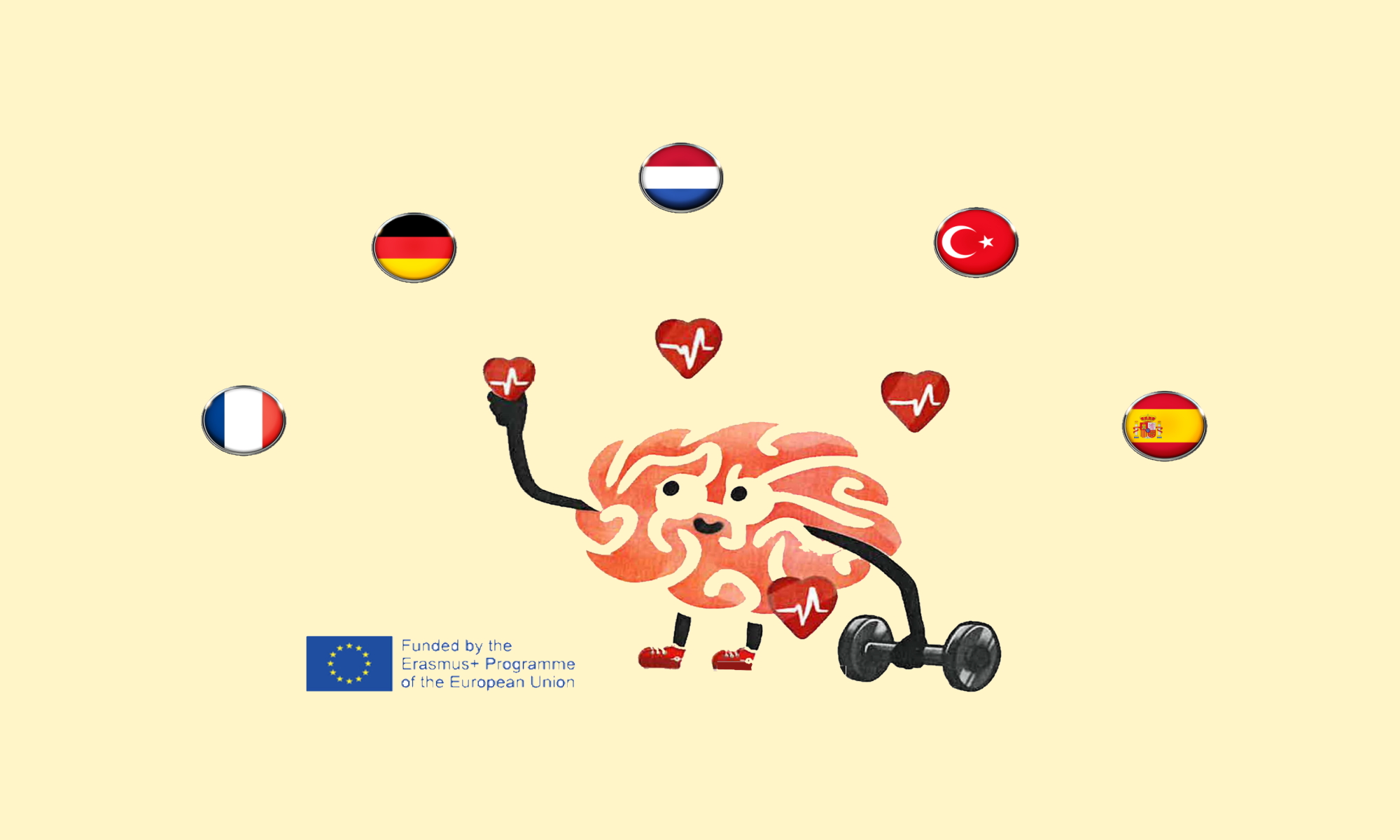Morning Session: Workshops and Debate
The day began with workshops in multicultural groups. Students from different backgrounds and cultures came together to share their perspectives and learn from each other. These workshops fostered a sense of unity and understanding among the students, breaking down cultural barriers and promoting mutual respect.
Following the workshops, a debate on the “Importance of Physical Education Class” was held. Participants passionately argued their points, highlighting the role of physical education in promoting health, teamwork, and discipline. The debate was a testament to the importance of physical education in the holistic development of students.
The example of the hosting Spanish school was well appreciated also by visiting teachers. They also discussed if, and if yes, how this approach of daily sports lessons might be adapted at their respective schools as well.
Sports classes / Physical Education (PE) classes play a crucial role in schools for a variety of reasons:
Health and Well-being: Sports lessons are designed to improve students’ physical health and well-being. They help students stay healthy and can also assist in maintaining a healthy weight, thereby reducing the risk of obesity.
Teamwork and Social Skills: These classes often involve team sports which can teach students how to cooperate with others and resolve conflicts. This can help students develop important social skills and make friends.
Lifelong Physical Activity Habits: When students are engaged in physical activity, they are more likely to continue being physically active throughout their lives.
Academic Performance: Physical activity has been shown to positively affect academic performance. Physically active students might have better grades than students who are not physically active.
Motor Skills and Knowledge: Sports provides cognitive content and instruction designed to develop motor skills, knowledge, and behaviours for physical activity and physical fitness.
The World Health Organization (WHO) recommends a minimum of 60 minutes of physical activity per day for children. In conclusion, PE classes offer students many benefits, including health improvement, development of teamwork skills, and enhancement of academic performance. Therefore, it’s essential for schools to provide PE classes for all students.
Later, the students engaged in a reflection about the project. They discussed the meeting’s activities, shared their experiences, and contemplated the lessons learned. This reflection allowed them to internalize the different things they had learnt and understand the impact of these activities on their personal and academic growth. The discussion underscored the importance of physical education and a healthy lifestyle, leaving a lasting impact on the students.
The day concluded with a visit to the Monestir Sant Cugat. This excursion provided the students with an opportunity to appreciate history and architecture, further enriching their Erasmus+ experience.
